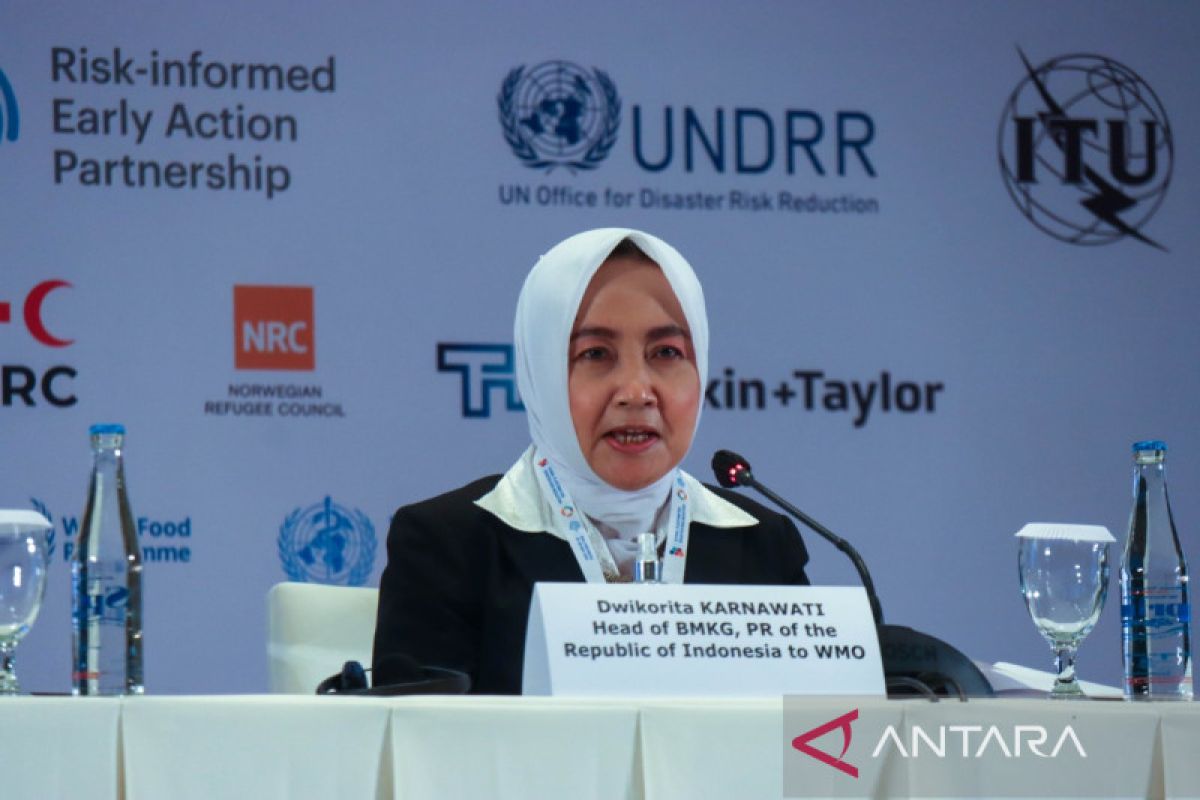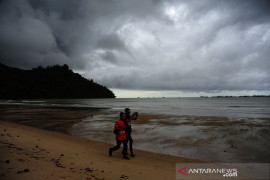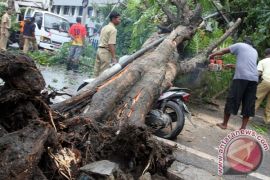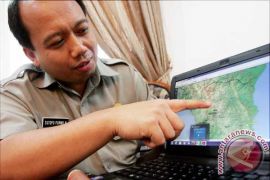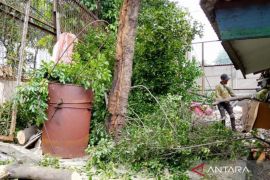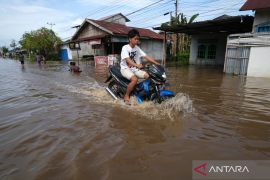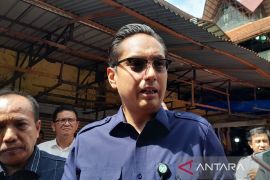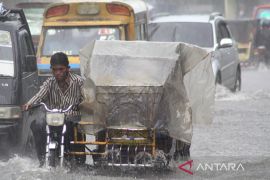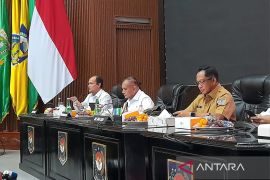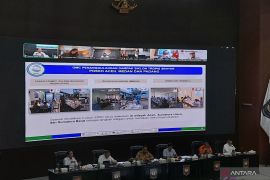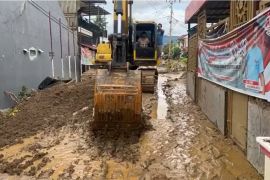The application of the hybrid socio-technical early warning system is not only more effective, but also more sustainable.Badung, Bali (ANTARA) - Head of the Meteorology, Climatology, and Geophysics Agency (BMKG), Dwikorita Karnawati, has urged the international community to establish a multi-hazard early warning system to mitigate climate change and various natural disasters.
"Mutual cooperation is the best option in the midst of the uncertain global situation due to the COVID-19 pandemic as the community and government are overwhelmed by various global and national crises," she said, according to a statement received here on Tuesday.
While opening the 3rd Multi-Hazard Early Warning Conference (MHEWC-III) in Bali province on May 23, 2022, she said that climate change has triggered more frequent and extreme meteorological disasters of higher intensity and longer duration.
"The World Meteorological Organization (WMO) has projected that the Earth will experience a short-term rise in temperature of up to 1.5 degrees Celsius in the next five years. There is a fifty-fifty chance that the projection will happen," she added.
Related news: Early warning, response must go hand-in-hand: BMKG
In addition, according to the report of the US government’s Advanced National Seismic System (ANSS) Composite Catalogue, there has been an increasing global trend in seismic activities. The finding has also been corroborated by BMKG’s historical data, the agency head informed.
“Hence, we must expedite the achievement of Target G of the Sendai Framework, especially to accelerate the achievement of disaster resilience by developing national and local early warning systems," she said.
She also highlighted the importance of collaboration and synergy as well as prioritizing local wisdom to build disaster resilience.
Disaster resilience can be bolstered if local knowledge, culture, and wisdom are combined with advanced technology, she added.
Karnawati said that local wisdom and traditional knowledge -- which are passed down through generations -- as well as the roles of communities and social organizations have a significant impact on the successful implementation of disaster early warning.
"The application of the hybrid socio-technical early warning system is not only more effective, but also more sustainable,” she added.
Hence, collaborative disaster resilience attempts should not only be implemented at the national level, but also be developed to strengthen the capacity of local governments, customary leaders, and communities based on their local wisdom, she said.
Related news: Indonesia braces for hydro-meteorological disasters
Related news: Early disaster warning without public readiness meaningless: BMKG
Translator: Devi Ramadhan, Uyu Liman
Editor: Suharto
Copyright © ANTARA 2022
